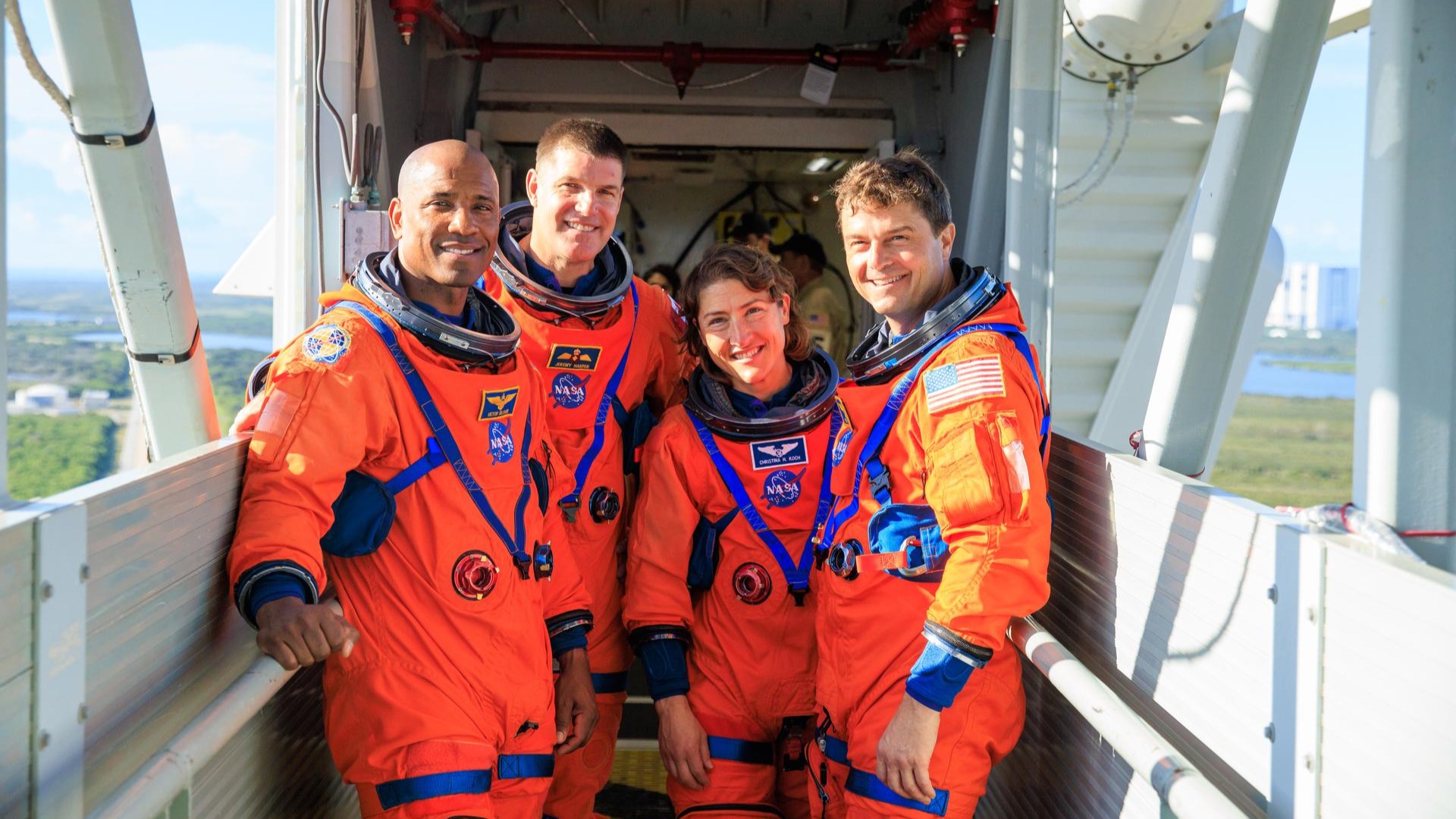
NASA leaders have announced they are pushing back two of the agency's flagship Artemis missions — Artemis II and Artemis III — amid safety concerns.
Artemis II, which will send four astronauts on a round trip around the moon and was originally scheduled for November 2024, is now slated to lift off in September 2025. The timeline for Artemis III, which plans to land the crew on the moon's south pole, has shifted to make sure lessons learned from Artemis II can be incorporated into Artemis III. Originally targeted for late 2025, NASA now aims to launch Artemis III in September 2026, agency leaders announced on Tuesday (Jan. 9).
"Safety is our top priority, and to give Artemis teams more time to work through the challenges with first-time developments, operations and integration, we're going to give more time on Artemis II and III," NASA administrator Bill Nelson said in a news briefing.
Artemis IV — the planned first mission to a moon-orbiting space station known as Gateway — remains on track to lift off in September 2028, Nelson said.
The primary reason for rescheduling the Artemis missions is to ensure crew safety, NASA representatives said. Artemis II will be the first flight test with astronauts aboard the Orion spacecraft and will require all environmental control and life support systems to be reliable. Recent testing has uncovered issues with a circuitry component responsible for air ventilation and temperature control, however. This, as well as a battery issue, will require more time to resolve than the original Artemis schedule allowed, according to a statement.
In order to safely carry out our upcoming #Artemis missions to the Moon with astronauts, we are now targeting September 2025 for Artemis II and September 2026 for Artemis III.Safety is our top priority. https://t.co/AjNjLo4U6E pic.twitter.com/VE74OtlUr6January 9, 2024
NASA is also investigating the unexpected loss of protective material from the Orion spacecraft's heat shield during its Artemis I mission, which launched in November 2022 and was completed in December.
"We've learned a lot since Artemis I," Nelson said in the statement. "We are returning to the moon in a way we never have before, and the safety of our astronauts is NASA's top priority as we prepare for future Artemis missions."
The astronauts selected for Artemis II and III include the first woman and person of color to land on the moon.
"Artemis is a long-term exploration campaign to conduct science at the moon with astronauts and prepare for future human missions to Mars," Amit Kshatriya, the deputy associate administrator for the Moon to Mars Program in the Exploration Systems Development Mission Directorate, said in the statement. "That means we must get it right as we develop and fly our foundational systems so that we can safely carry out these missions."







